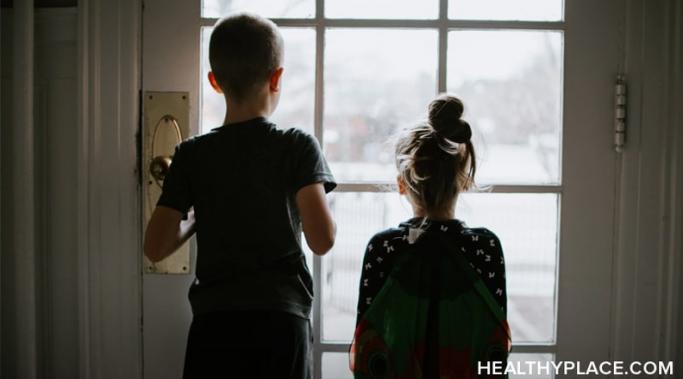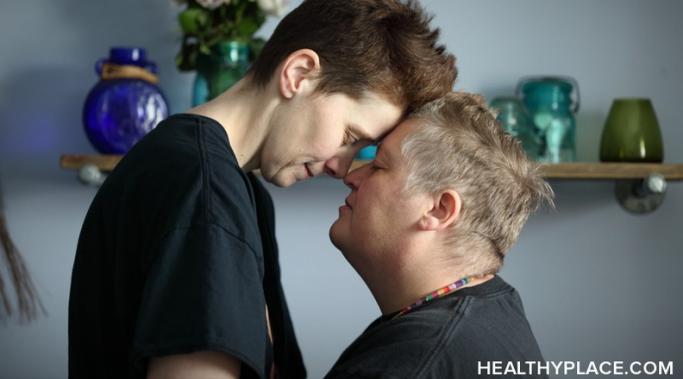Many people aren’t sure whether or not to talk to kids about mental illness. When I was younger my aunt had frequent hospitalizations due to mental health issues, but I was told she had a sore back. I guess my family thought this was an inappropriate topic to talk to a child about. In hindsight, I think it could have been a positive conversation if I had been told about my aunt’s mental illness – here’s why.
Mental Health Village of Providers
Why does my loved one have a mental illness? Is there something I could have done to stop this from happening? I tormented myself with questions like this when my brother first became unwell with anxiety and depression -- and guess what? They only made things harder.
Feeling overwhelmed by supporting someone with mental illness is nothing to be ashamed of, but sometimes we can struggle to admit our true feelings. Here's a little bit about how I felt when my brother was diagnosed with chronic anxiety and depression.
I worry that my brother will die by suicide. Even typing those words feels frighteningly intimate because this very real fear is an unspoken one in our family. (This post contains a trigger warning.)
Making healthy boundaries with a mentally ill family member is a key step for your self-care as a supporter. Read on to learn more about the kinds of boundaries I have with my brother, who has chronic depression and anxiety.
Mental illness in the media can cause widespread public discussion. If you have real-life experience of mental illness, others may try to engage you in a conversation about media coverage, not realizing your story. I often find myself becoming upset by comments made by others on mental illness in the media because of my brother's chronic anxiety and depression.
When we were little, I spoke on behalf of my brother a lot because he had a speech delay. He would regularly mix up or mispronounce his words, and I would find myself acting as some sort of amateur translator when he spoke to anyone outside our immediate family. My most commonly used phrase was, "What he's trying to say is . . ."
This past weekend, my brother and I were reunited after quarantine -- seeing each other in person for the first time since March. He drove over to my house and met my new puppy, and we spent the day walking, eating, and generally catching up.
I spoke a little bit in my last video post about how my family all had different ways of supporting my mentally ill brother when he was first diagnosed with anxiety and depression. What started as a reason to argue has turned into one of our greatest strengths as a family – how lucky are we to have so many different types of support to offer our loved one and each other?
My family members each have a different supportive style when it comes to my brother's mental illness. In the early days of his depression and anxiety diagnosis, we used to judge each other for these differences -- each of us believed that our approach was the best one. I am looking at supportive styles differently, now.









